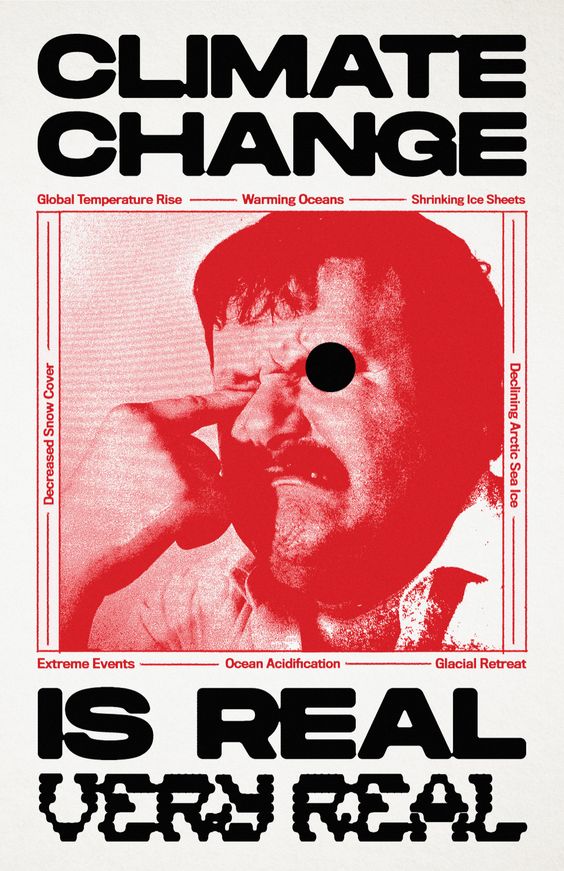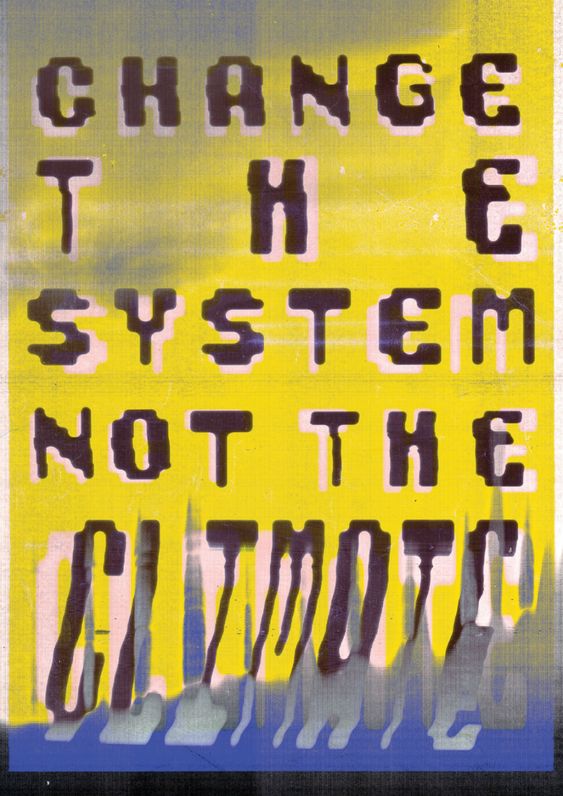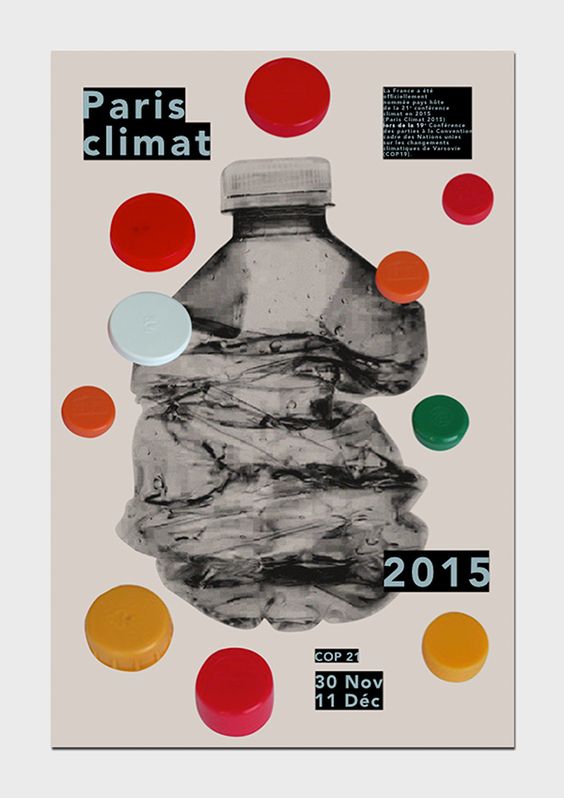Climate Change and Capitalism: A Political Marxist View
Viewed from the perspective of geological history, our current climatic and economic conditions are unusual. For most of the last 60 million years, the climate has been wildly unstable. It was only 10,000 years ago that it settled into its current stable state, and within this period that the Holocene emerged, during which human societies shifted their relationship with nature though agriculture, and then creating complex settled socio-economic forms, including capitalism.
Despite its omnipresence today, capitalism itself is very young. But it has its roots in that stabilisation of the climate and the subsequent development of agriculture. Fully-fledged global capitalism has been with us for no more than 300 years. In the 4.5 billion year history of the earth, capitalism is a brief moment within the blink of an eye that is human existence.
But this brief moment is a global force. It is capitalism that has placed us on a path to leave the stable climate of the Holocene. Thanks to capitalist development, the earth is currently 0.8 of a degree warmer than the pre-industrial average. Without overthrowing capitalism, we are likely to warm the earth to levels that humans as a species have never lived with.
This should terrify socialists. As I will argue here, the environmental system and the economy have co-evolved. The economy is dependent on the environment. Once we leave the stable climatic conditions of the last 10,000 years, we have very little guidance on how to build a socio-economic system that works. There is no particular reason to think the systems we have developed in one set of environmental conditions will flourish in another. There is also no reason to believe that such conditions provide fertile ground for the development of a more compassionate or humane socio-economic system.
If we want to stand a chance of building socialism in the near future, we must become eco-socialists and stop catastrophic climate change now. At the same time, to stop catastrophic climate change, environmentalists must also become eco-socialists. The dynamics that drive climate change are core to capitalism. Serious action on climate change will necessarily amount to the first steps of a programme to end capitalism.
The economy, the energy system, and the environment: co-evolutionary systems.
The economy, the energy system and the environment have evolved together. They draw on one another, passing materials between them and absorbing one another’s wastes. All economic activity ultimately rests on the transformation of material resources. These must be drawn from the environment and then worked by labour. Marx makes this interdependency explicit:
The use values… i.e. the bodies of commodities, are combinations of two elements–matter and labour. If we take away the useful labour expended upon them, a material substratum is always left, which is furnished by Nature.
Marx uses the example of linen–which is produced by workers (labour) who transform the fibres of the flax plant (environment). But this interdependency also holds true for more modern commodities. For example, the servers that host the files for music streaming services are made of up various minerals and metals that have been rearranged by labour. An additional interdependency comes in the form of energy. At every stage of the production of a commodity, energy is being used to transform matter from one form to another. Metals are heated, melted and transformed into iPhones. Cotton is grown, harvested, woven, and dyed to make scrubs worn by surgeons. The energy used in these processes cannot be created. It can only be transformed. All energy used in the economy is entropic: it comes from a repurposing of energy found in the earth system, and exacting it in return for a cost. Coal is dug from the ground and burnt, solar energy is captured by photovoltaics, or in plants that we cook and eat. The energy system which enables economic activity is entirely dependent on the environment.



